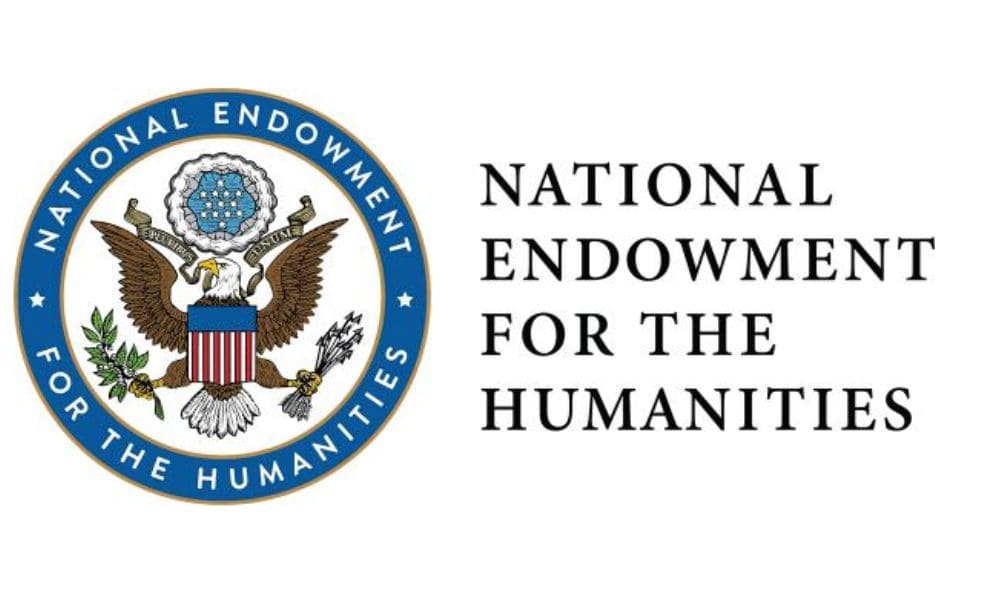What started as a research project at the College of Saint Benedict and Saint John’s University that uncovered more than 100 deeds in Central Minnesota with racial covenants or clauses intended to restrict the sale and occupancy of properties to certain ethnic groups will be widened thanks to a two-year grant from the National Endowment for the Humanities (NEH).
Though the covenants have been unenforceable for more than 60 years, their impact remains evident in current society. Dr. Brittany Merritt Nash, an assistant professor of history at CSB and SJU, taught the Honors 360 course (Community Histories) from which the project arose. She said such research is an important part of understanding some of the racial disparities that still exist in society today.
The nearly $60,000 grant will support more student research on racial covenants, as well as providing for the development of five different teaching modules or lesson plans based on the research that can be incorporated into a wide variety of courses.
“The project’s impact on students and humanities teaching at CSB and SJU will extend far beyond the award period, as the modules will be embedded in courses across our new general education curriculum – the Integrations Curriculum,” said CSB and SJU Associate Provost and Dean of Faculty Pam Bacon. “This curriculum, which is in its fourth year of implementation, challenges students to integrate every aspect of their learning – to see the relationships among the arts, the natural sciences, the social sciences and the humanities.
“One important component of the new curriculum are the Cultural and Social Difference courses, which encourage students to explore social identities and understand how constructions of race, gender and ethnicity shape structural inequalities and systems of oppression.”
“We’re hoping this helps more students understand the tangible and legal ways some real estate agents and property owners were able to use to segregate neighborhoods,” Merritt Nash added. “That has had generational consequences because home ownership has been a key way for Americans to access wealth and pass it on to subsequent generations.
“We are still seeing the impact of these practices today when you look at home ownership rates and other indicators.”
The grant proposal was prepared by a team led by Merritt Nash and including fellow history professor Shannon Smith, Whitney Court and Matt Lindstrom from political science and CSB and SJU humanities librarian Annie Larson.
The NEH received 94 applications for the Spotlight on Humanities in Higher Education program, and CSB and SJU received one of 22 total awards.
“It’s very competitive,” Merritt Nash said. “So we’re really excited to hear that we’ve received this.”
Merritt Nash said the grant will also allow for the hiring of a student teaching assistant beginning in the 2025-26 school year.
“That person will be able to come to classrooms and assist faculty with implementing and developing this teaching material and these lesson plans,” she said. “One of the missions of NEH grants are to make information from the humanities available outside the humanities as well. That’s what we’re hoping to do.”
Bacon said the grant will have a wide-ranging impact at both CSB and SJU.
“The project’s primary source research and new teaching modules on racial covenants in Central Minnesota will engage students in humanities ways of thinking while simultaneously illustrating how segregation in the past continues to shape the present,” Bacon said.
“The grant supports in-depth research opportunities for underserved students who are mentored by faculty – a high-impact practice similar to our Emerging Scholars program. This is exactly the type of engaging community-based work that resonates with our students and reflects our institutional missions as Catholic, Benedictine, liberal arts colleges.”

